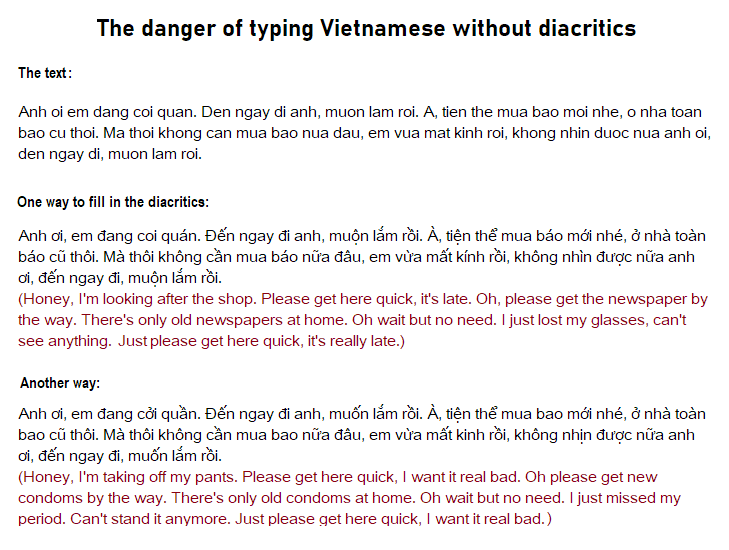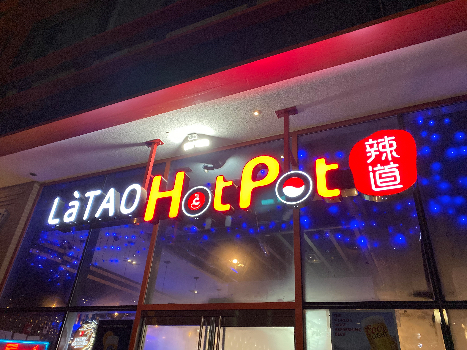Jipangu = Japan Country?
This was supposedly Marco Polo's word for Japan. It has recently come back in vogue for films, games, etc. It would seem that "Jipangu" (also spelled "Zipangu") is cognate with Jap. Nihonkoku / Nipponkoku, Ch. Rìběnguó 日本國, Kor. Ilbon-guk, Viet. Nhật Bản Quốc , but in none of the Chinese topolects I'm aware of does it sound quite like that. Certainly it would not work for the southern or other topolects that have an entering tone final -k (or some -t) for the last of the three syllables. Ditto for Japanese, Korean, and Vietnamese.
Even the Sinitic topolects without an entering tone final don't have the right vowel shape / quality at the end to match the -u of Jipangu.
Maybe Marco Polo got it from Persian, the lingua franca of international diplomacy in his time. Could it be that the phonotactics of Persian could not tolerate / represent any of the Sinitic topolectal forms of 國 directly but transformed one of them into something that sounded to Marco Polo like -gu?
Did Marco Polo get "Jipangu" from the Mongols? If so, from whom did the Mongols get it?
Read the rest of this entry »

